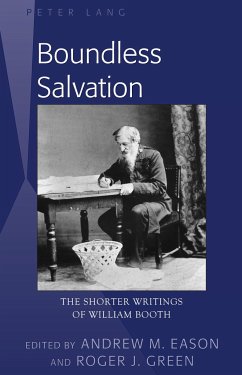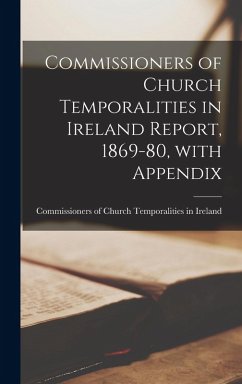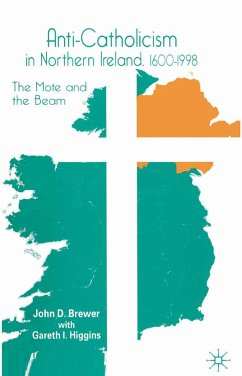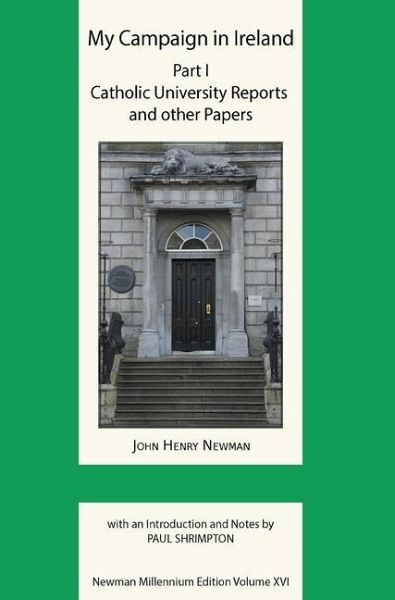
My Campaign in Ireland Volume I
Versandkostenfrei!
Versandfertig in über 4 Wochen
41,99 €
inkl. MwSt.

PAYBACK Punkte
21 °P sammeln!
This volume of John Henry Newman's Catholic University papers, collected and arranged by his private secretary William Neville, was printed for private circulation in 1896, six years after Newman's death. Since then, it has only been reproduced in facsimile. My Campaign in Ireland, Part I brings together all the most important documents penned by Newman in his efforts to establish a Catholic university in Ireland. As founding rector, Newman was fully involved in every aspect of the university from 1854, when it opened, until 1858, when he resigned. The discourses he composed in 1852, to prepar...
This volume of John Henry Newman's Catholic University papers, collected and arranged by his private secretary William Neville, was printed for private circulation in 1896, six years after Newman's death. Since then, it has only been reproduced in facsimile. My Campaign in Ireland, Part I brings together all the most important documents penned by Newman in his efforts to establish a Catholic university in Ireland. As founding rector, Newman was fully involved in every aspect of the university from 1854, when it opened, until 1858, when he resigned. The discourses he composed in 1852, to prepare for the university's foundation, form the first half of The Idea of a University, Newman's great classic work on education; but the foundational documents in My Campaign in Ireland, Part I demonstrate how he was able to turn theory into practice in adverse circumstances. Filling out Newman's vision of education, they show how he should also be esteemed for his practical contribution to education. While these university papers are a treasure for anyone alive to Newman's educational genius, they contain an additional item that gives the collection a special significance: Discourse V which Newman omitted from the Idea. This volume is the first critical edition of My Campaign in Ireland, Part I. The editor, Newman scholar Paul Shrimpton, provides an introduction and comprehensive footnotes. These elucidate the significance of the volume's various documents by providing a historical context for Newman's educational endeavours in Dublin. In addition, English translations have been supplied for documents that were originally in Latin.



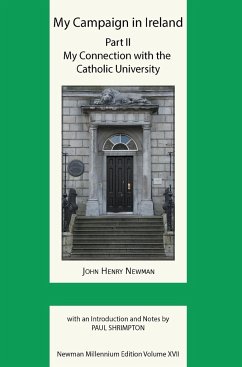
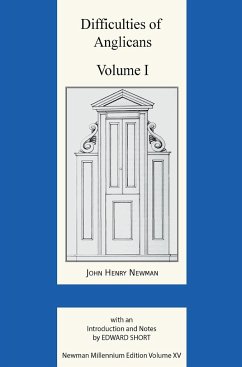
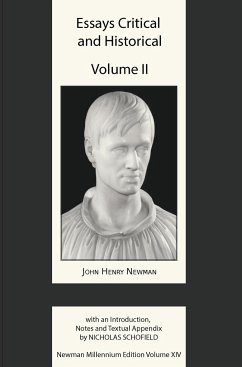
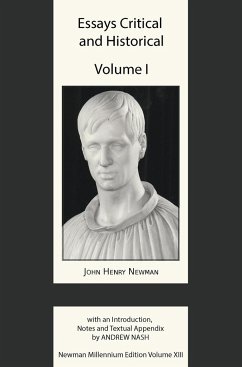

![Ireland and the Centenary of American Methodism [microform]: Chapters on the Palatines, Philip Embury and Mrs. Heck, and Other Irish Emigrants Who Ins Cover Ireland and the Centenary of American Methodism [microform]: Chapters on the Palatines, Philip Embury and Mrs. Heck, and Other Irish Emigrants Who Ins](https://bilder.buecher.de/produkte/65/65487/65487671n.jpg)
